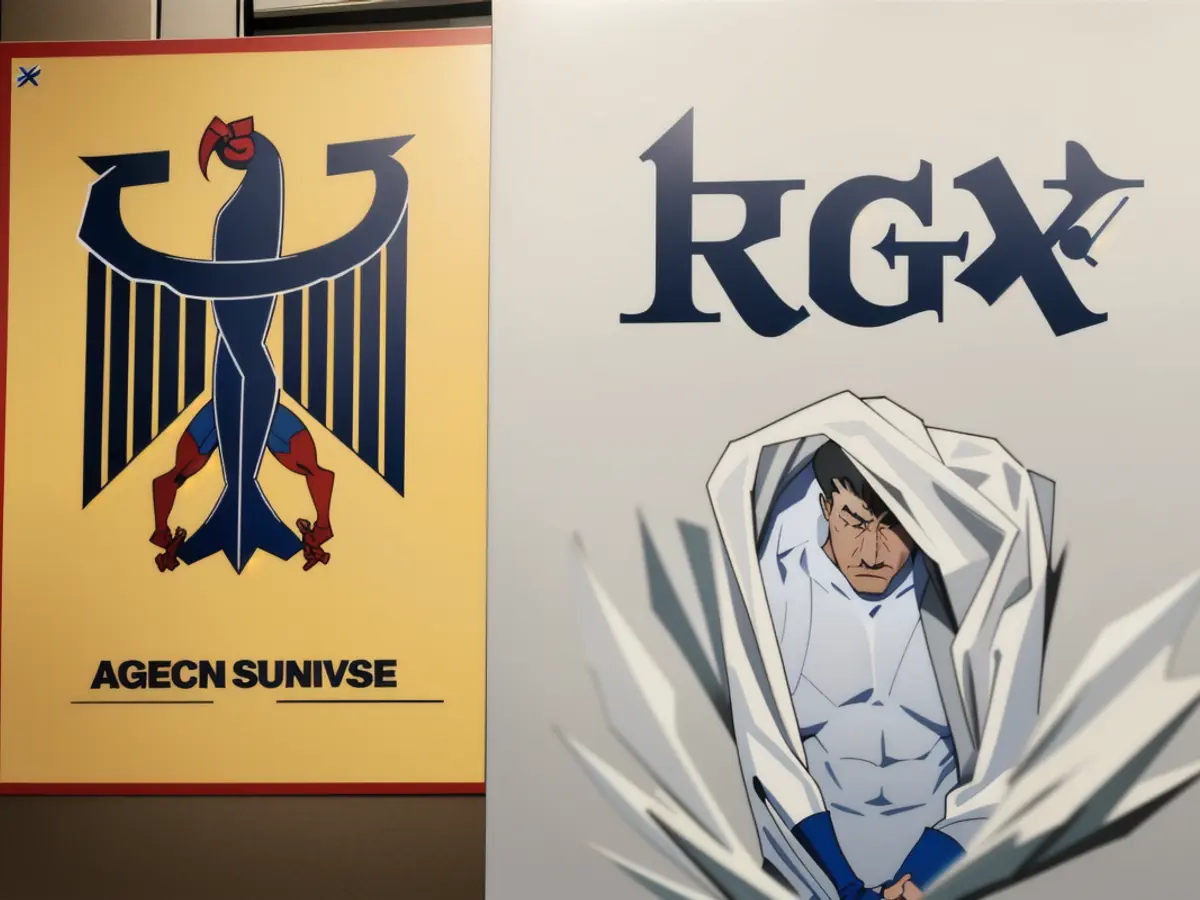Inquest from BVerfG Regarding Weekly Business Penalties for Cartel Offenders at ECJ's Discretion - The Authority has already made a determination regarding the application of the concept of proportionality.
When a company leader engages in unethical activities like price-fixing, the consequences can be severe. The question at hand is whether these executives should bear the brunt of the hefty cartel fines imposed on their companies. The German Federal Court of Justice (BGH) is seeking clarification from Luxembourg's European Court of Justice (ECJ) regarding the legality of national regulations allowing companies to recoup fines from their CEOs or board members.
In this specific case, a managing director and board chairman, who participated in a stainless steel price cartel, is being sued by the affected companies for reimbursing the fines and covering other expenses. The BGH is considering whether this violation of duties as a manager justifies holding the execs personally accountable for the cartel fines.
The legal landscape surrounding CEO and board member liability for cartel fines has evoked controversy within legal circles. The German GmbH and Stock Corporation Acts hold executives accountable for the damage caused to the company given a lapse of duty. However, the applicability of this rule to cartel law fines remains a gray area.
The Higher Regional Court of Düsseldorf ruled in favor of the companies against the CEO, arguing that recourse for fines imposed for cartel law violations should not extend to management-related liabilities. This decision maintains the effectiveness of the corporate fine, as it would be challenging for the firm to evade the fine if executives carried the burden.
However, a ruling in favor of the companies could present significant challenges for CEOs, creating existential liability risks. Fines for such violations often amount to millions or even billions, which may exceed the coverage limits of Directors-and-Officers (D&O) insurance.
The evolving court decisions and the overlap between personal and company liability create a complex landscape that is yet to be fully established. The BGH's ruling in this case will provide critical exploratory insights into liability allocation for corporate misconduct.
[1] Under EU antitrust law, CEOs and board members are not directly liable for fines imposed on their companies. However, they may be held liable for their own actions if they are found to have participated in the cartel or have failed to take adequate measures to prevent infringements.[2] While directors and officers in Europe are not automatically liable for cartel fines imposed on their companies, they can be held accountable if they actively participated in the cartel or failed to act with due diligence to prevent infringements. The concept of "organizational liability" (Organhaftung) might apply in such instances, providing limited liability in cases where they directly contributed to the infringement or exhibited gross negligence.
In the context of the ongoing dispute, it's worth noting that this case is taking place in Germany, a country known for its rigorous enforcement of corporate misconduct. Despite EU antitrust law not holding CEOs and board members directly liable for fines, the German legal system may still impose personal liability if their actions or lack thereof contribute to the cartel.
Furthermore, the German GmbH and Stock Corporation Acts hold executives accountable for any damage caused to the company due to a lapse of duty, although the applicability of this rule to cartel law fines remains unclear.








